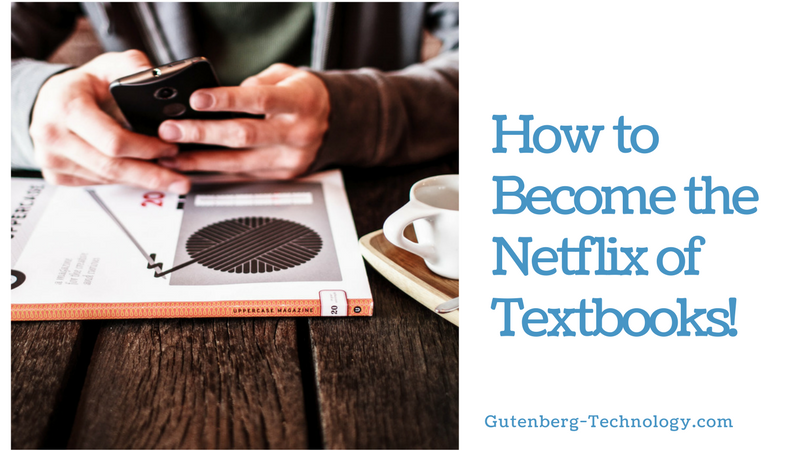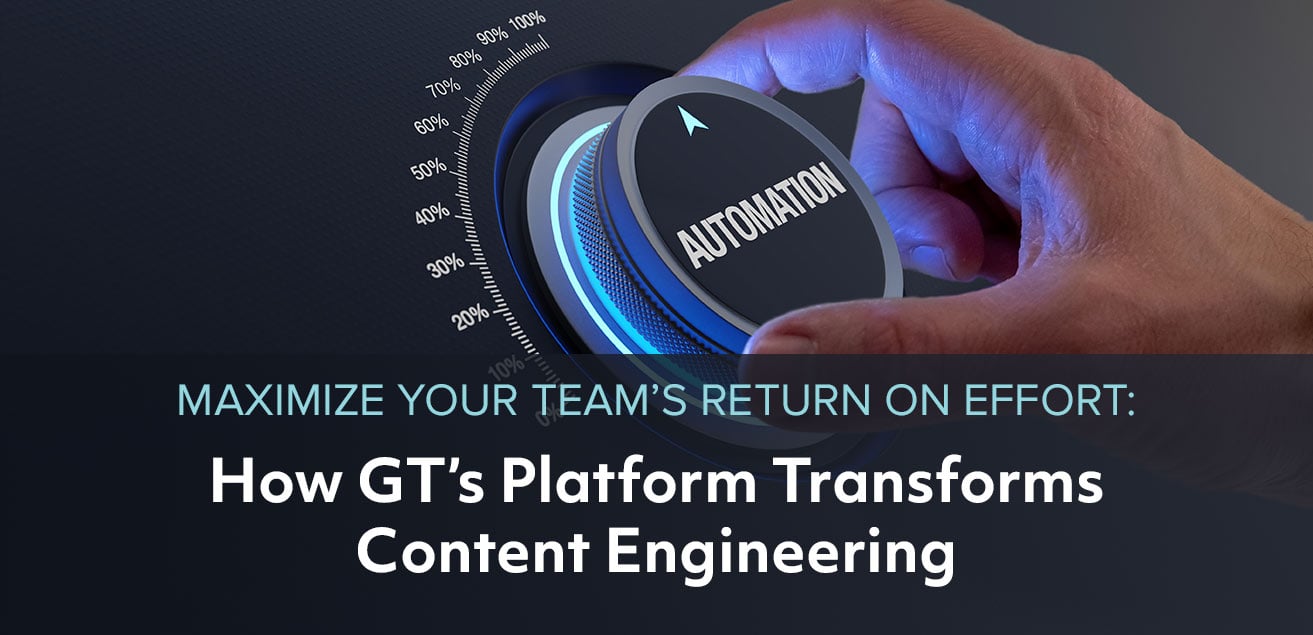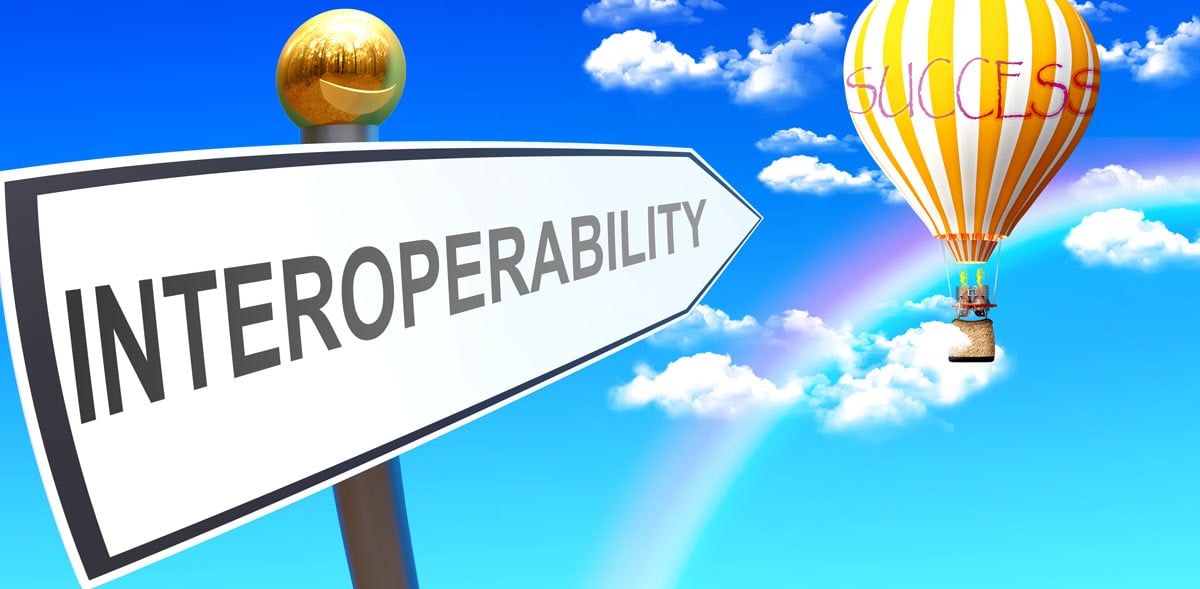In the age of big data and digitization, learning and acquiring knowledge has become a necessity for every individual. With more innovations, more resources, and more information, it is undeniable that the education sector is particularly at the heart of this digital revolution. Indeed, higher education publishers and digital learning companies have spent the last decade developing, refining, and proving their new generation of digital learning platforms that reduce costs and address the needs of both students and faculty. However, if the idea of adapting to the digital seems "obvious" in 2018, the various actors (from the publisher to the learner) have a shared opinion: Maintain the paper format tradition or adapt to the millennials, but are they ready to embrace fascinating digital solutions?
In a context, students are falling into debt due to the rising tuition fees and expensive books, and individuals are dropping out of college has become a recurrent phenomenon, new technologies brought a new life to publishing industries. As reported from the AAP Brochure “New digital learning platforms constitute an important new weapon in the fight to keep students in school and on track to graduate”.
Being able to use leading-edge platforms on different devices (mobile, web, tablets) is giving opportunity to the learner as well as the teacher to innovative with more engaging ways to improve the learning process, increase the performance and of course provide personalized learning.
However, the digital transition in education and therefore to publishers is not just about putting new tools in the classroom. But this adaption implies a reconceptualization of the model strategically, economically and educationally.
Thereby , the challenge for educational publishers is not producing contents but rather how to make successful the digitization content while maintaining a profitable business model and generating profit over time?
Innovative and powerful solutions are proposed to the publishers to carry out this adaption. The example of Gutenberg Technology's offer to its customers is mainly to accompany successfully this digital transition by providing fast and high quality solutions. If the 21st Century assumes that 'paper is static, digital is dynamic', textbook publishers should embrace this dynamism and turn it into profitability to their development within the market, and create more successes for learners.
If Spotify gave their users the pleasure to listen to unlimited music, what is stopping publishers from giving learners the pleasure to broaden their knowledge and be the Spotify of books?
If you want to learn more about this strategy, read our full article in EdSurge - 5 essential tips for a successful digital transition to start planning your strategy.






Leave a comment